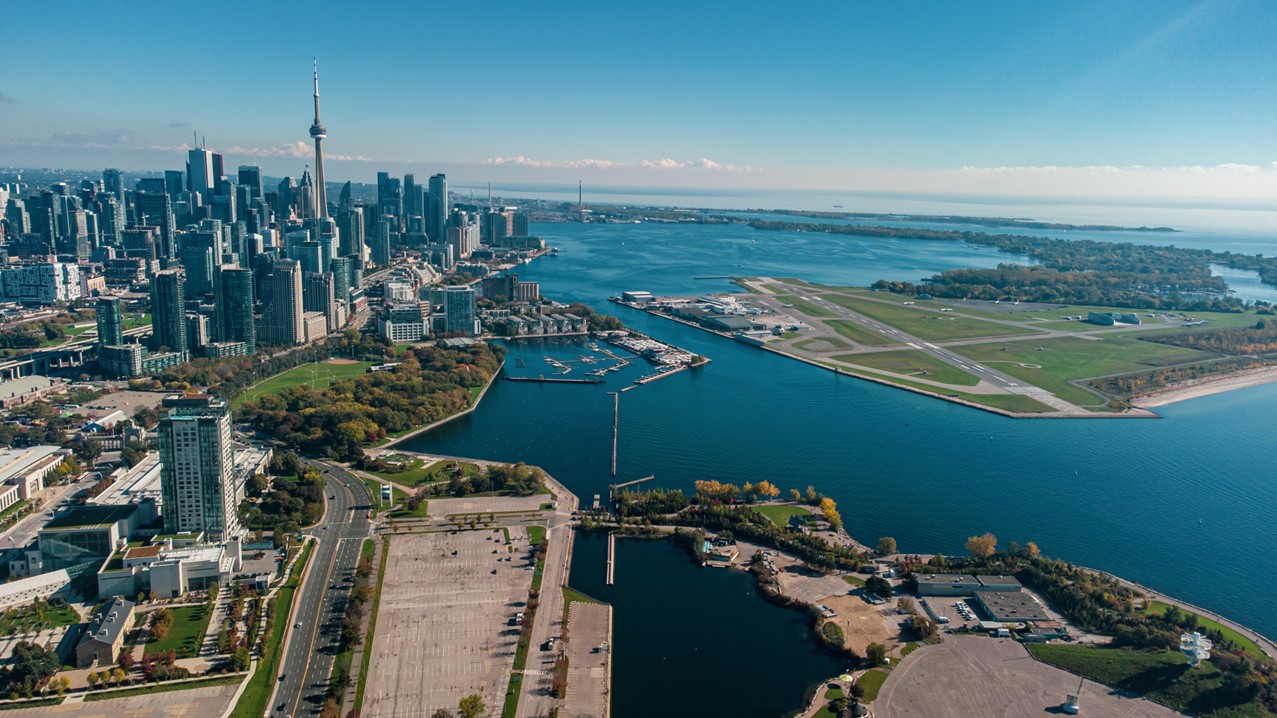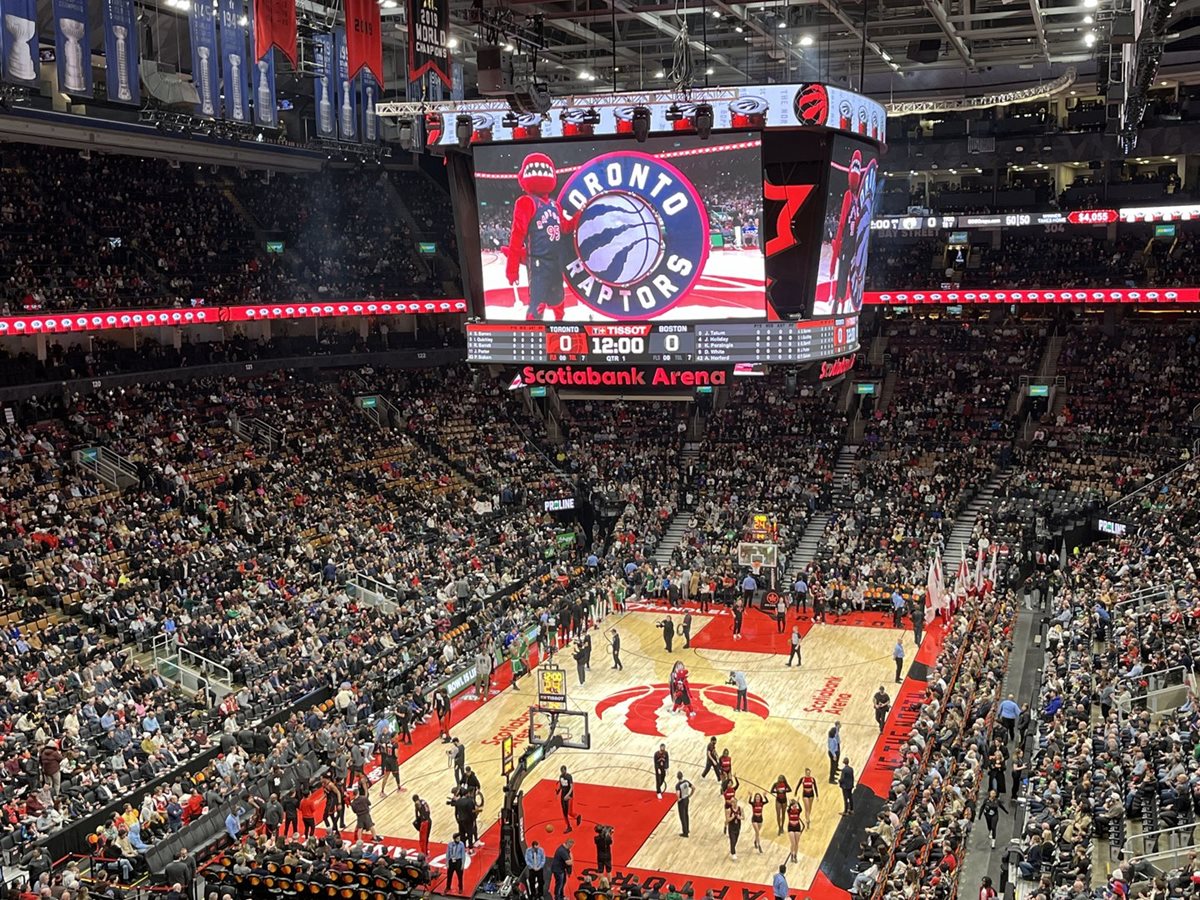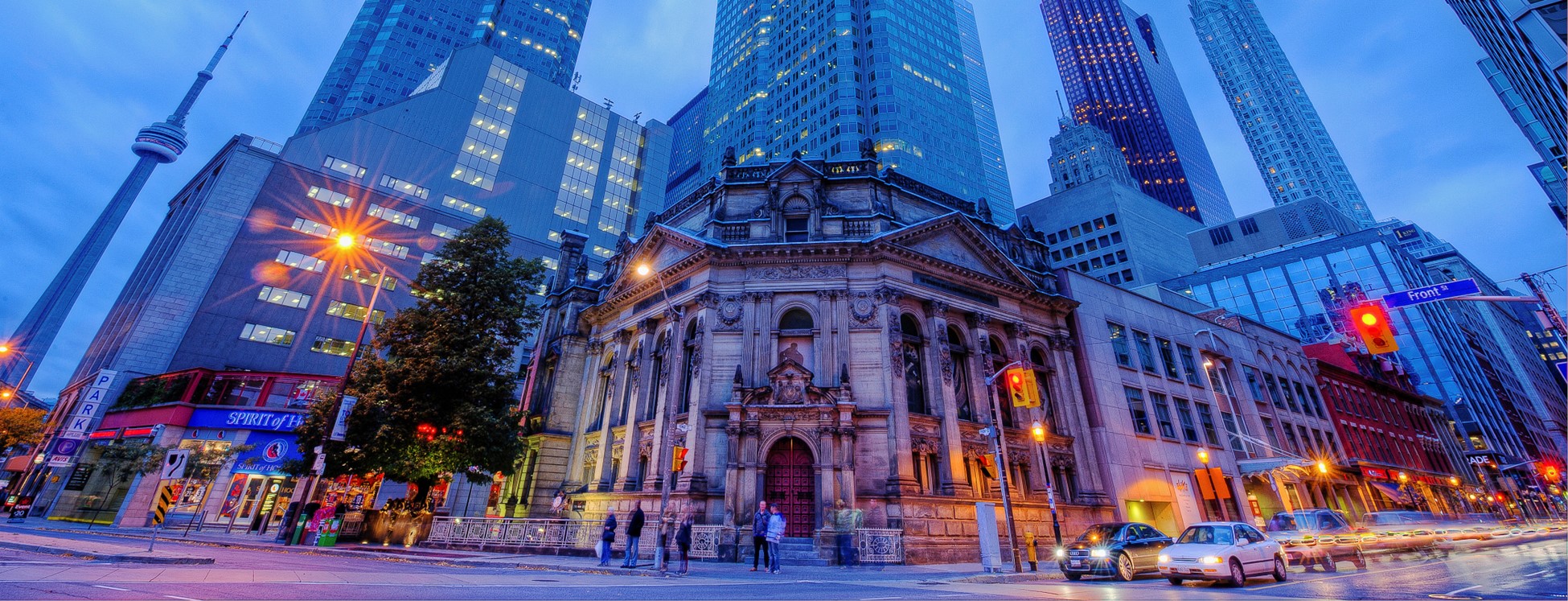
Courtesy: City of Toronto
As our "Gearing Up for Greatness: Toronto, MLSE, and World Cup 2026" event approaches, the Toronto Region Board of Trade sat down with Andrew Weir, President and CEO of Destination Toronto, to discuss the state of our city's visitor economy and the opportunities ahead. With global events on the horizon, Weir's insights set the stage for a timely conversation on how Toronto can seize its moment on the world stage.

Toronto's tourism sector is in a period of transition, adapting to global changes while continuing to face challenges. Recent data shows a modest 0.9% increase in hotel room nights sold this past September compared to the same month in 2023. Yet, the city is still over 10% behind 2019 levels, representing roughly one million fewer overnight stays annually—a clear reminder of how much ground remains to be covered.
Rather than focusing on what’s been lost, Weir sees these changes as part of an industry adapting to new realities. The nature of travel has shifted, especially for business travelers, with one-off trips becoming less common and new patterns like quarterly gatherings for remote teams emerging. For Destination Toronto, the key is recognizing and responding to these shifts while also focusing on rebuilding critical markets like China, which haven’t fully recovered post-pandemic. At the same time, they are looking to strengthen Toronto’s presence in strong-performing markets such as the UK, Germany, and Mexico, which offer significant opportunities for growth.
Big events drive visitation. Weir points to the upcoming Taylor Swift concerts as an example, predicting a significant boost in both visitation and spending across the city. Events like this spark economic activity beyond hotels—they energize restaurants, retail, and other local businesses.

COURTESY: Destination Toronto
Weir views the FIFA World Cup 2026 as a major opportunity to cement Toronto’s status on the global stage. A successful hosting of such a large-scale event not only brings immediate economic benefits but also has lasting ripple effects. Each time Toronto delivers a world-class event, it showcases the city’s infrastructure, hospitality, and ability to handle complex logistics. It reinforces Toronto’s ability to consistently deliver for both visitors and event planners alike, setting the stage for a long-term reputation as a premier destination.
While major events offer opportunities, Weir is clear that Toronto must remain competitive in two key areas: air access and pricing.

COURTESY: Destination Toronto
First, preserving global air access is essential. Billy Bishop Airport plays a crucial role in connecting Toronto to key markets like New York and Chicago, ensuring the city remains accessible to both leisure and business travelers. Weir stresses that maintaining this connectivity is vital for Toronto’s global competitiveness, especially as it looks to attract large groups and conferences.
Second, competitive pricing is a challenge. With Toronto already being one of the highest-taxed cities for hotels in North America, any further increases could push the city out of contention for major events. Weir warns that while additional taxes might seem like a quick fix, the long-term costs could outweigh the benefits by pricing out conventions and group bookings that bring significant economic benefits.
For Weir, sports tourism is one of Toronto’s untapped strengths, with the city’s teams playing a pivotal role in shaping its identity. The Raptors, Leafs, and other franchises aren't just entertainment—they are cultural institutions with deep-rooted connections to Toronto’s history and community. Weir believes there’s an opportunity to go much further in how these teams contribute to the city’s tourism appeal. Beyond the excitement of game day, Toronto can offer an immersive sports experience that leaves a lasting impact on visitors.

COURTESY: Destination Toronto
Weir sees attractions like the Hockey Hall of Fame and milestone celebrations, such as the Raptors’ 30th anniversary, as opportunities to turn a simple sports event into a multi-layered adventure. Visitors attending a Leafs game, for example, can delve deeper into the city’s sports culture through fan zones, historical exhibits, or sports-themed tours that showcase Toronto’s rich athletic legacy. His vision is to make Toronto more than just a place to watch a game, but a destination where fans engage with the city’s sports history and culture.

COURTESY: Destination Toronto
Weir is particularly excited about the role organizations like MLSE can play in building these experiences. That’s why he’s looking forward to hearing from MLSE’s President and CEO, Keith Pelley at the Board’s upcoming event, Gearing Up for Greatness: Toronto, MLSE, and World Cup 2026.
As Toronto prepares for global events and adapts to new travel patterns, Weir highlights the far-reaching impact of the visitor economy. Beyond filling hotels, it fuels job creation, drives economic growth, and fosters opportunities for local businesses and communities. Events like the FIFA World Cup are a powerful catalyst, but Toronto’s long-term success hinges on its ability to continually adapt, tap into new markets, and create meaningful experiences that resonate with visitors long after they leave. It’s about building a city and region that people want to visit again and again—not just for a single event.


